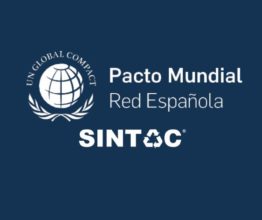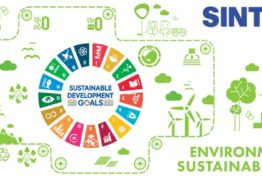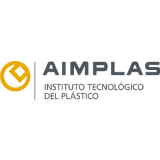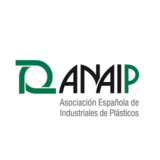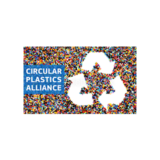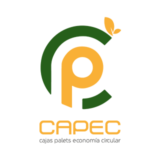Vicente Olmos talks about Recyclate in the AVEP magazine
The new issue of AVEP Magazine is now available. The publication includes an article on page 5 by Vicente Olmos, CEO of SINTAC Recycling, in which he talks about the unfair demonization of plastics that has taken place in recent years, which has been exacerbated by the latest tax on single-use plastic packaging in Spain.
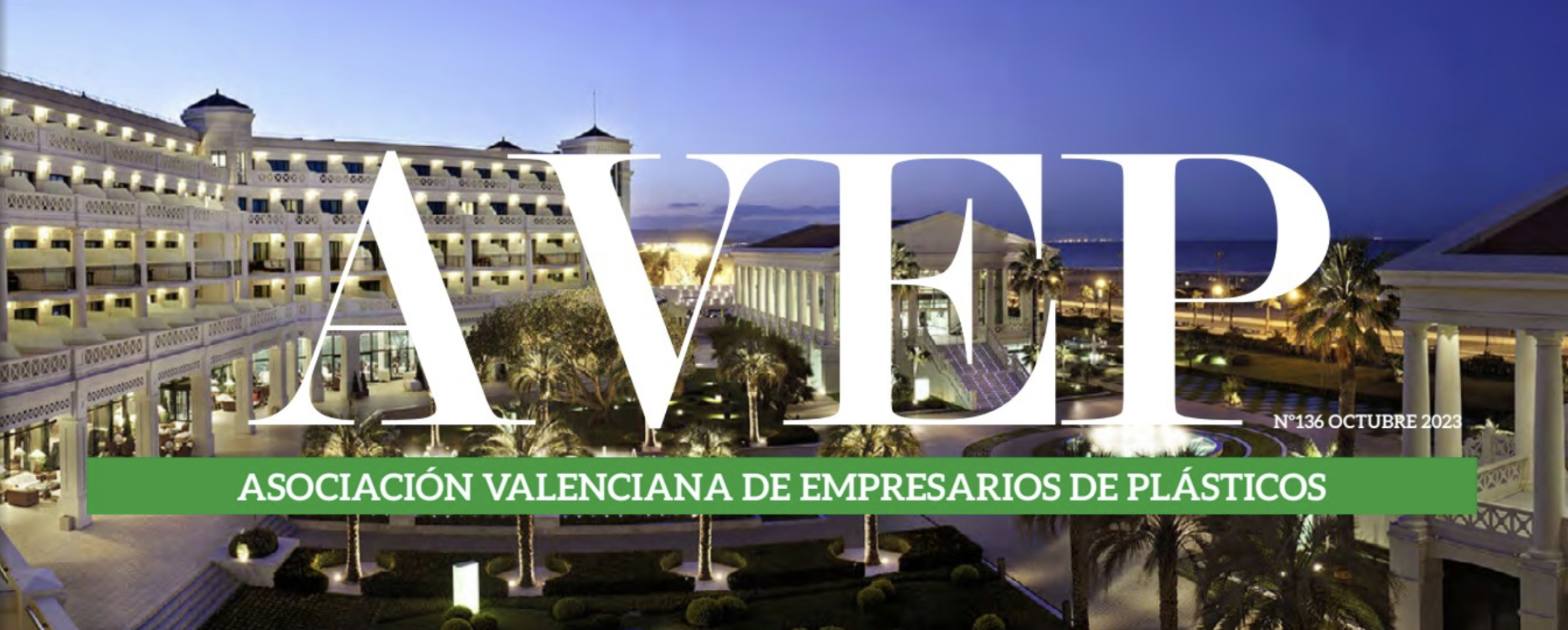
“If the packaging contains recyclates… the EPR system membership fee is subsidized.
The unfair demonization of plastics that has accompanied us in recent years, and which has been exacerbated by the recent tax on single-use plastic packaging in Spain, has significantly damaged our industry, in addition to the high energy costs and the long journey that other sectors have to take go. Yet we are still here, surviving in very unfavorable conditions, with a regulatory framework, particularly for packaging, that is clearly oversized in terms of administrative complexity. As the Spanish tax advisors’ association AEDAF announced to the media in September, it has lodged a complaint with the EU against the plastics tax due to its technical deficiencies: “It is a poorly designed tax because companies are increasingly subject to formal obligations, they are subject to all kinds of presentations. The fact that a company foregoes tax deduction because of the costs of filling out paperwork is completely absurd. Recent news that may surprise some shows what we stand for in the industry: not only are plastics not bad, they can and are good for the environment and food safety. According to EUROSTAT’s 2023 packaging waste statistics, paper and cardboard are the main materials responsible for all packaging waste. The share of paper and cardboard in total waste in Europe (41.1%) is higher than the sum of the following two materials (41.1%). The sum of the next two materials (plastics, 19.4% and glass 19.1%). Paper manufacturing accounts for around 35% of all trees felled and is one of the world’s leading water-using industries. Every year, 3 billion trees are cut down worldwide (mainly in Brazil) to make paper for packaging. While corrugated cardboard often contains a high proportion of recycled material. Fresh fibers are used for food packaging due to technical or food law requirements. In addition, a group of researchers from the University of Antwerp published their findings on paper straws in the journal Food Additives and Contaminants, denying that they are more sustainable and environmentally friendly than plastic straws. However, there is no doubt that plastics, whether virgin or recycled, are of high quality and provide the appropriate quality, adequate food safety that the plastics processing sector demands in all its packaging applications. The proportion of recycled material is required by law and will be a criterion for calculating the “Green Point”, with a bonus for the amount the more recycled material is included. It is recalled that the EPR-System membership fees to be paid by packers from 2025 must be eco-modulated due to the legal obligation of RD 1055/2022. One of the modulation criteria must be recyclability and the recycled content. The higher the recycled content of the plastic packaging, the lower the fee for the “Green Dot”. We should all prepare for this. The essential cooperation between the companies in the value chain, the processors and the recyclers, will help us get out of this situation. Cheer up, dear colleagues in the sector, because as you can see, there is light at the end of the tunnel!”
Vicente OLMOS (CEO of SINTAC and Member of the Board of Directors of AVEP).
